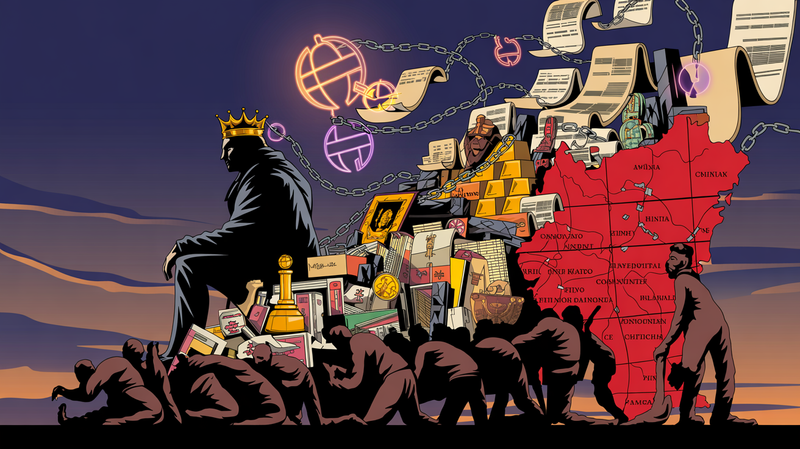In Five Years' Time: Anticipating the Looming Shadow of a Global Conflict
In an era defined by rapid geopolitical shifts and emerging global threats, the words of UK Defense Minister Grant Shapps ring with a foreboding clarity: the world must brace itself for a potential large-scale conflict within the next five years, involving major powers such as Russia, China, Iran, and North

In an era defined by rapid geopolitical shifts and emerging global threats, the words of UK Defense Minister Grant Shapps ring with a foreboding clarity: the world must brace itself for a potential large-scale conflict within the next five years, involving major powers such as Russia, China, Iran, and North Korea. Shapps's recent address, his first as defense chief, is not merely a warning but a call to action for Western nations to fortify their military capabilities and prepare for an uncertain future.
The Changing Geopolitical Landscape
Grant Shapps's declaration reflects a growing consensus among global defense leaders that the world has entered a new phase of strategic uncertainty. The post-Cold War era, once hailed as a time of peace dividends and international cooperation, is giving way to a more fragmented and volatile global order. The rise of new nuclear powers and the resurgence of long-standing adversaries have cast a shadow over the international community's hopes for lasting peace and stability.
The Specter of Multi-Theater Conflicts
Shapps's prognosis of potential conflicts in multiple theaters highlights the complex nature of modern warfare. Unlike past global conflicts, which were largely concentrated in specific geographic areas, the next great war could span several continents and involve a diverse array of state and non-state actors. From the frozen landscapes of Eastern Europe to the volatile regions of the Middle East and the contested waters of the South China Sea, the entire globe could become a chessboard for military strategists.
The UK's Role and Military Preparedness
As a leading global military power, the UK is positioned at the forefront of this looming challenge. Shapps's emphasis on the UK's record defense budget of £50 billion underscores the nation's commitment to maintaining a robust military presence on the world stage. This commitment is further demonstrated by recent UK actions, including airstrikes against Houthi forces in Yemen and significant military aid to Ukraine in its fight against Russian aggression.
However, Shapps's call for increased defense spending extends beyond the UK's borders. He urges NATO members and other democratic nations to follow suit, emphasizing the need for collective action and shared responsibility in the face of global threats. The goal is not just to strengthen individual military forces but to foster a united front capable of deterring aggression and preserving international order.
The Ethical and Strategic Implications
The prospect of a global conflict raises critical ethical and strategic questions. How can nations balance the need for military preparedness with the pursuit of peaceful diplomacy? What are the implications of increased military spending on global economic stability and social welfare? And how can the international community navigate the complex web of alliances and rivalries that define the modern geopolitical landscape?
Conclusion: A Call to Vigilance and Unity
As the world stands at the precipice of a new era, the words of Grant Shapps serve as a stark reminder of the challenges that lie ahead. The next five years will be crucial in shaping the future of global security and international relations. It is a time for vigilance, for strategic foresight, and, above all, for unity among nations committed to preserving peace and upholding the principles of democracy and freedom. The shadow of a global conflict looms large, but it is in the hands of the international community to determine whether this shadow gives way to the light of a more secure and stable world.




